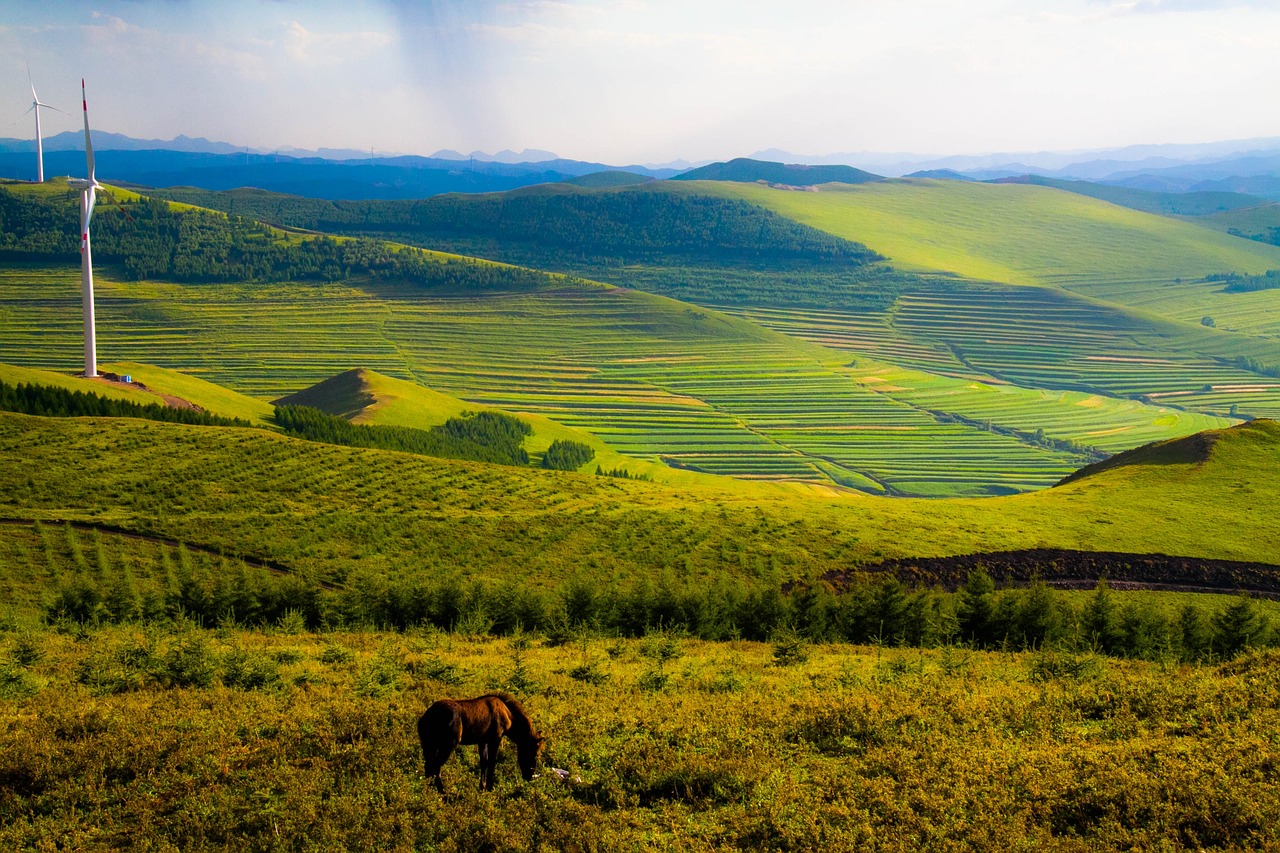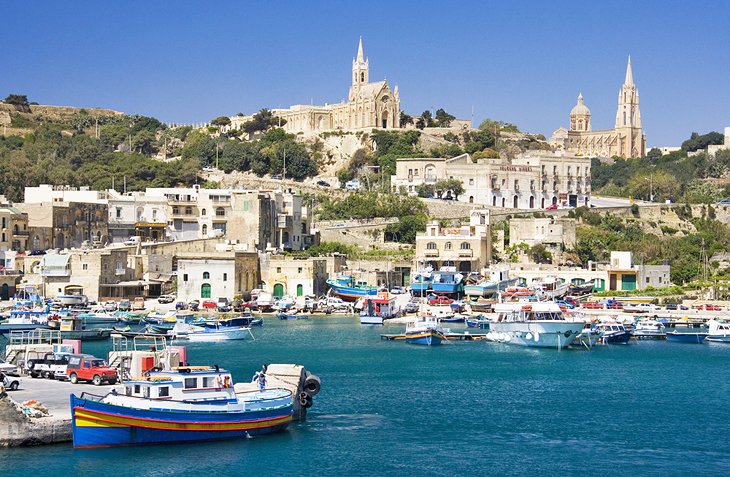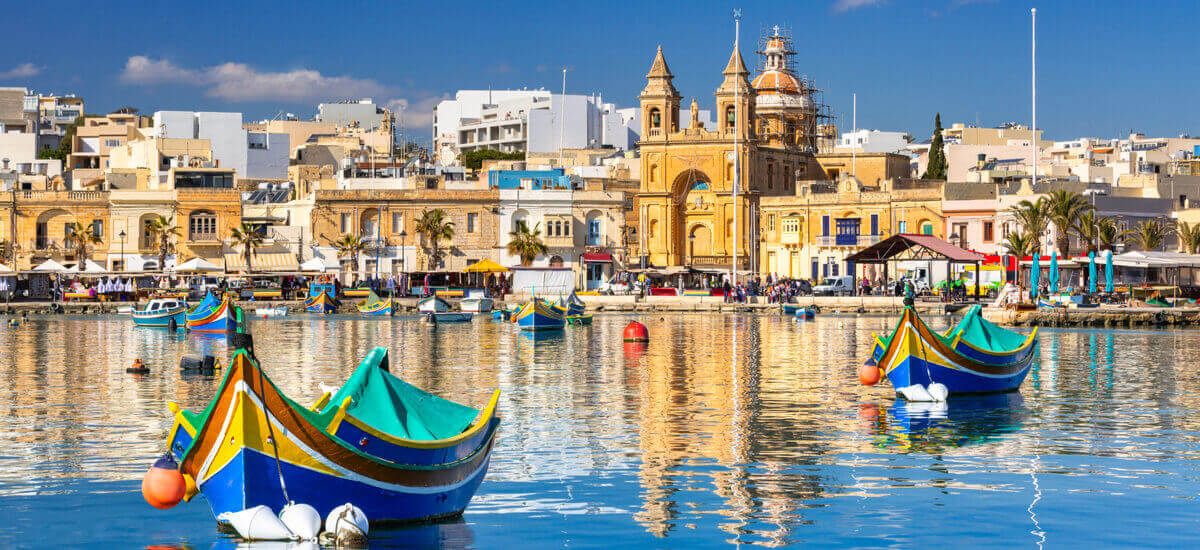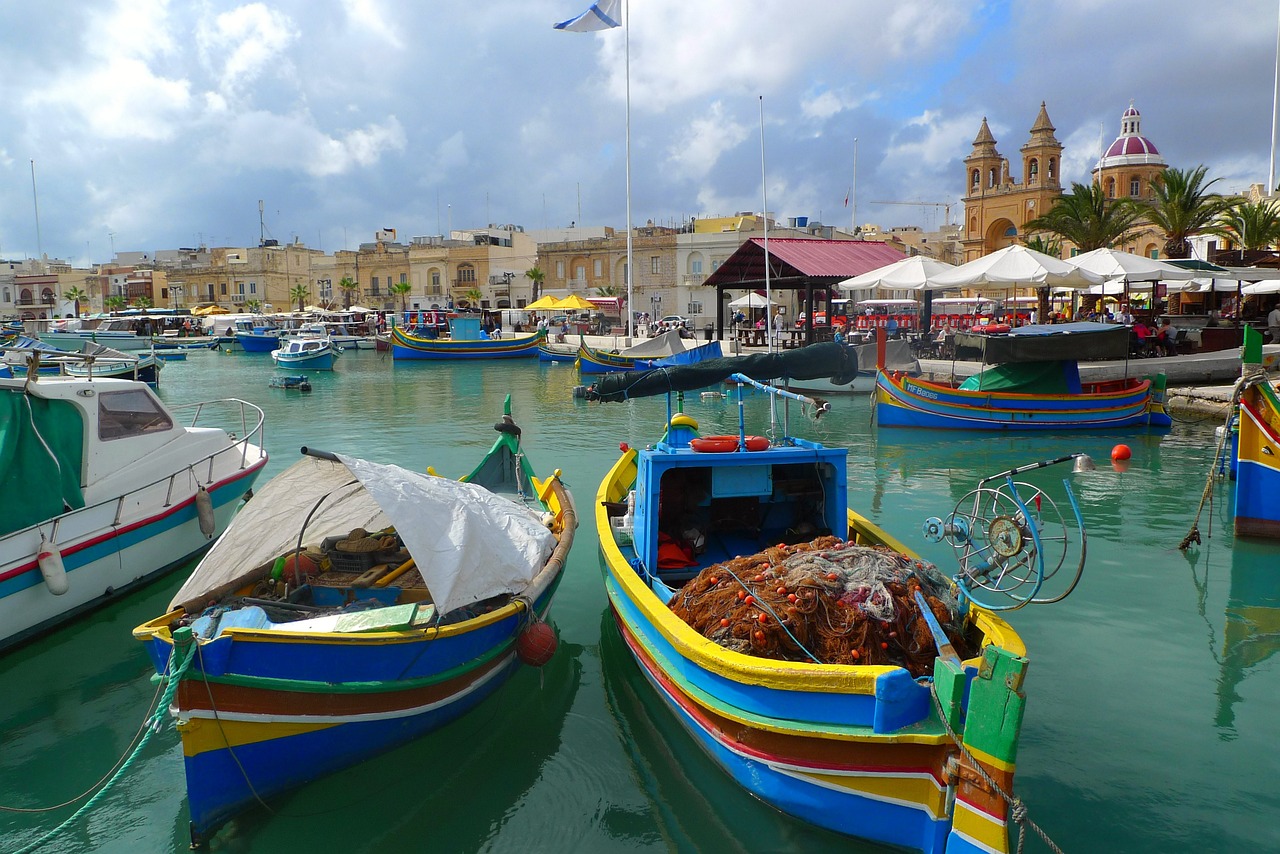In the bustling world of modernity, where concrete jungles and technological advancements dominate, there exists an oasis that defies the norm. Ta’ Mena Estate, a harmonious blend of agriculture and tourism, stands as a testament to the power of revitalization and integration.
Nestled amidst the verdant landscapes of Gozo, this estate embodies a juxtaposition of tradition and innovation, offering a respite for those seeking solace in the embrace of nature.
Founded by Carmela (Mena) and Frank Spiteri, Ta’ Mena Estate embarked on a journey of regeneration in 2002, transforming its two hectares of agricultural land into a thriving hub of agricultural and touristic pursuits. With a vision to sustain one sector through the other, the Spiteri family sought to create a symbiotic relationship between agriculture and tourism, where the inherent beauty of the land could be experienced while relishing in the bountiful produce it yields.
This article explores the history, expansion, and integration of Ta’ Mena Estate, delving into the sustainable practices that have propelled its success. By showcasing the harmonious coexistence of agriculture and tourism, Ta’ Mena Estate epitomizes the freedom of choice, where visitors are invited to immerse themselves in the allure of nature while partaking in its fruits.
Key Takeaways
- Ta’ Mena Estate was founded in 2002 by Carmela and Frank Spiteri and has since expanded to cover approximately 25 hectares of agricultural land.
- The estate aims to create a symbiotic relationship between agriculture and tourism by offering guided tours, wine tasting sessions, and cooking classes.
- Sustainability is a key focus for Ta’ Mena Estate, as they use organic farming methods, produce high-quality and healthy agricultural products, and utilize renewable energy sources like solar panels.
- The Spiteri family prioritizes both economic viability and minimizing environmental impact, making Ta’ Mena Estate a model of sustainable agriculture and tourism.
History and Founders
The Ta’ Mena Estate, established by Carmela (Mena) and Frank Spiteri, began as a two-hectare fruit and vegetable garden and has since expanded to cover approximately twenty-five hectares, with the family’s aim of integrating agriculture and tourism to create a sustainable enterprise.
The founding vision of the estate was to harmoniously blend agriculture and tourism, ensuring that one sector could sustain the other. After the passing of Carmela in April 1986, her husband Frank continued to take care of the estate and operate the fruit shop.
In 2002, the family made the decision to regenerate the agricultural land, adding more land to the estate. This expansion allowed for the realization of their vision, creating a family legacy that combines the beauty of agriculture with the allure of tourism.
Expansion and Integration
Expanding and integrating the estate has been a primary focus for the Spiteri family, as they aim to create a sustainable connection between the agricultural and tourism sectors. To achieve this, the family has implemented several expansion plans and introduced new tourist attractions on the estate.
-
The estate now covers around twenty five hectares, with additional land being acquired to further expand their operations.
-
They have developed the agricultural land into a fruitful and diverse landscape, showcasing a wide variety of crops, including grapes, olives, and vegetables.
-
In order to attract tourists, they have created unique experiences such as guided tours, wine tasting sessions, and cooking classes, providing visitors with an opportunity to immerse themselves in the agricultural practices and traditions of the estate.
By combining agriculture and tourism, the Spiteri family has successfully created a harmonious blend that not only sustains both sectors but also offers a unique and enriching experience for visitors.
Sustainability and Success
Sustainability is a key element in the Spiteri family’s pursuit of a synergistic relationship between agriculture and tourism at the Ta’ Mena Estate.
The family understands that for their endeavor to be successful, it must be economically viable while minimizing its environmental impact. To achieve this, they have implemented various sustainable practices.
One such practice is the use of organic farming methods, which not only ensures the production of high-quality and healthy agricultural products but also protects the soil and water resources from harmful chemicals.
Additionally, the estate employs renewable energy sources, such as solar panels, to reduce their dependence on non-renewable energy and minimize their carbon footprint.
Furthermore, the family actively educates visitors about the importance of sustainability, encouraging them to make conscious choices and support eco-friendly practices.
By prioritizing economic viability and minimizing environmental impact, the Spiteri family has successfully created a harmonious blend of agriculture and tourism at the Ta’ Mena Estate.
Frequently Asked Questions
How has the Ta Mena Estate evolved since its founding by Carmela and Frank Spiteri?
Since its founding by Carmela and Frank Spiteri, Ta Mena Estate has evolved significantly. It has expanded from two to twenty-five hectares, integrating agriculture with tourism. The success of the estate lies in its ability to sustain both sectors through careful integration.
What specific steps did the family take to regenerate the agricultural land on the estate?
The family regenerated the agricultural land on the estate through the implementation of regenerative farming techniques, such as cover cropping and crop rotation, as well as soil restoration methods, including composting and the use of organic fertilizers.
Can you provide more details about the additional land that has been added to the estate over time?
The Ta’ Mena Estate has witnessed significant expansion over time, with additional land being incorporated into the estate. This expansion has allowed the family to further integrate agriculture with tourism and pursue their future plans for sustainable development.
How does the integration of agriculture and tourism work at Ta Mena Estate?
The integration of agriculture and tourism at Ta’ Mena Estate involves combining agricultural activities with tourist attractions and experiences. This approach benefits both sectors by providing visitors with a unique and educational experience while generating additional revenue for the estate.
What challenges did the Spiteri family face in achieving sustainability and success for their estate?
The Spiteri family faced challenges in achieving sustainability and success for their estate, including the need to regenerate agricultural land, integrate agriculture and tourism, and ensure that one sector could sustain the other.













